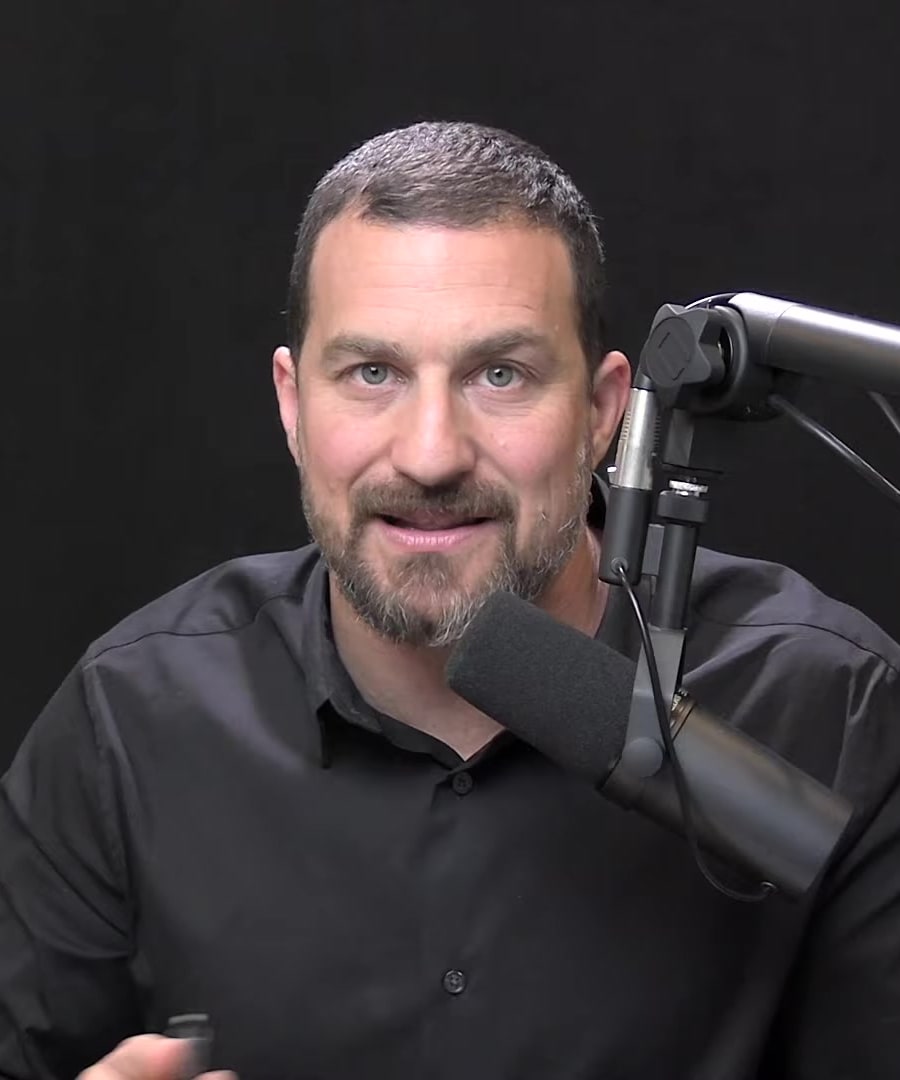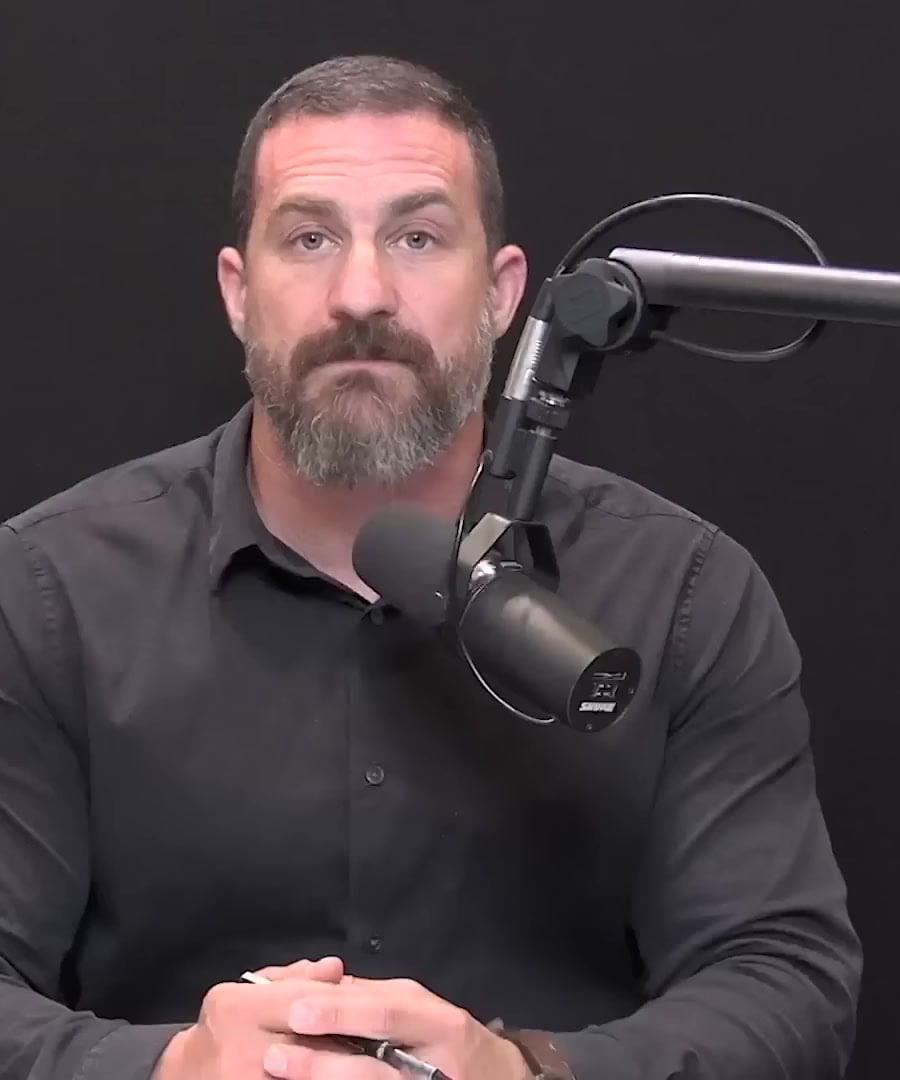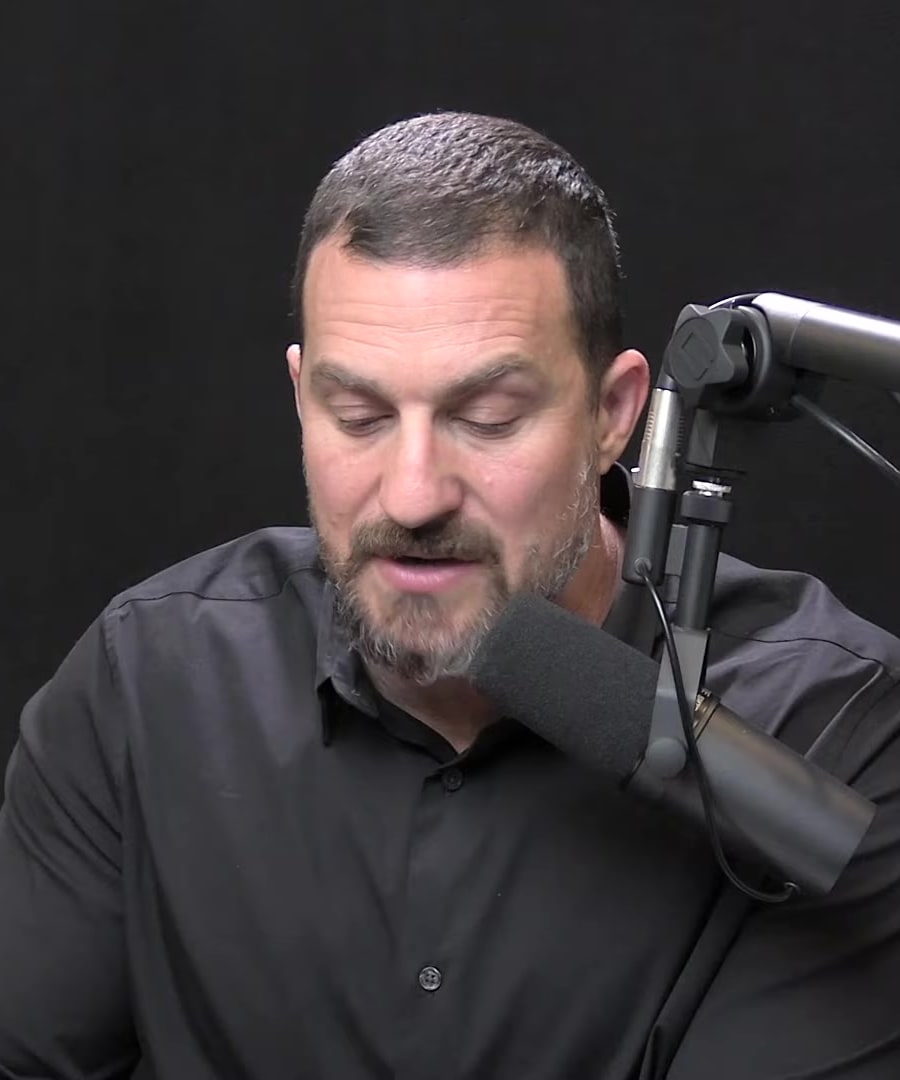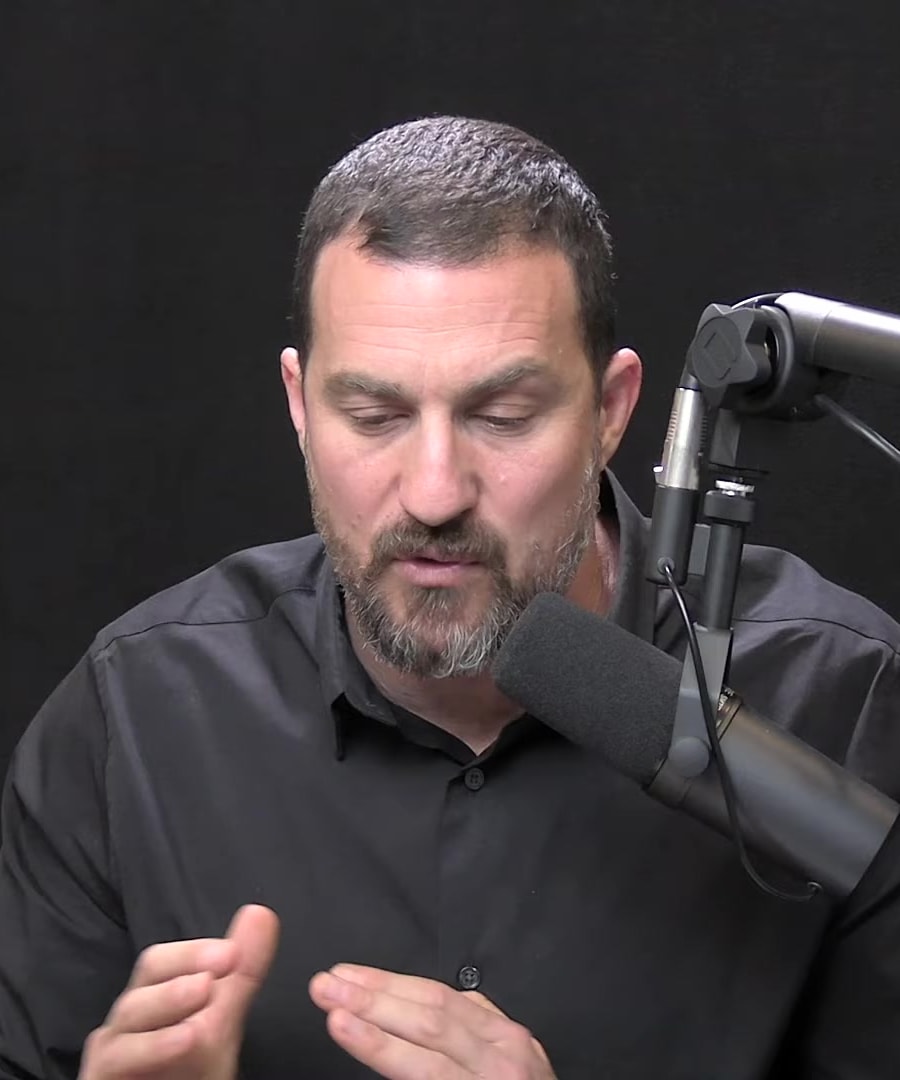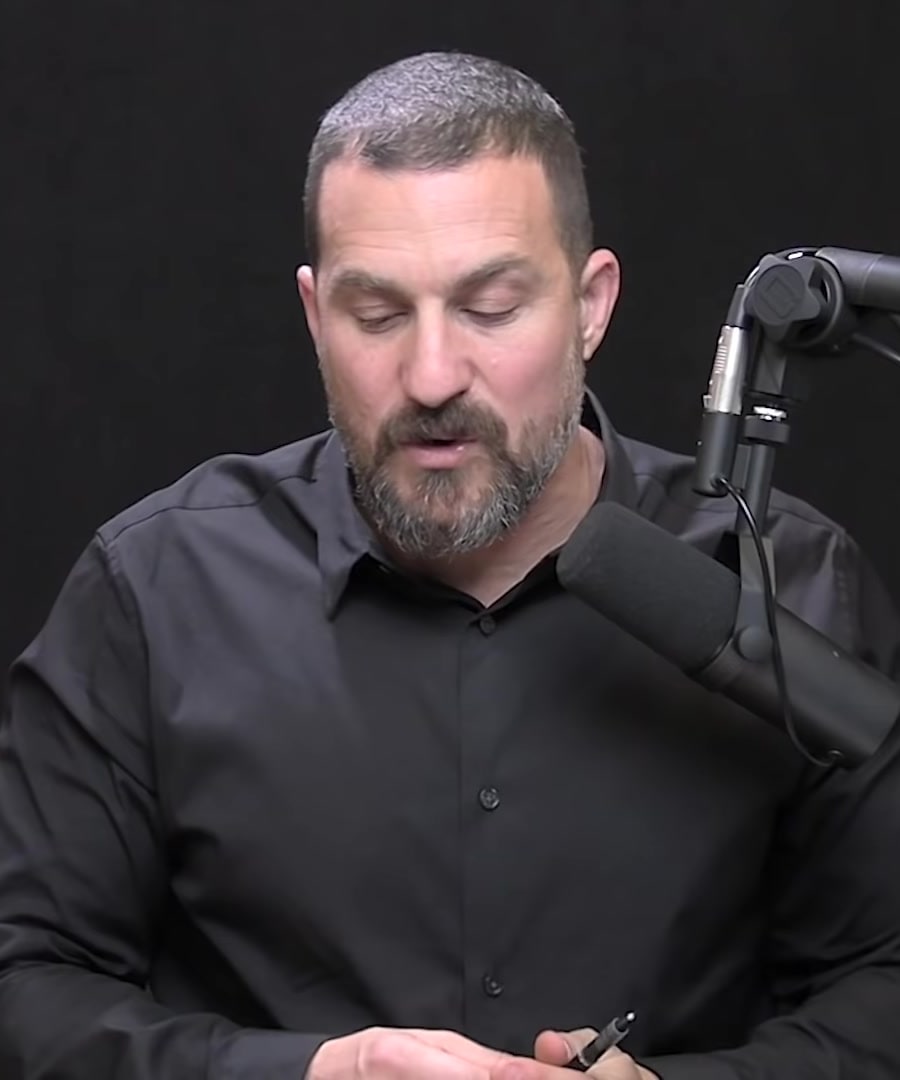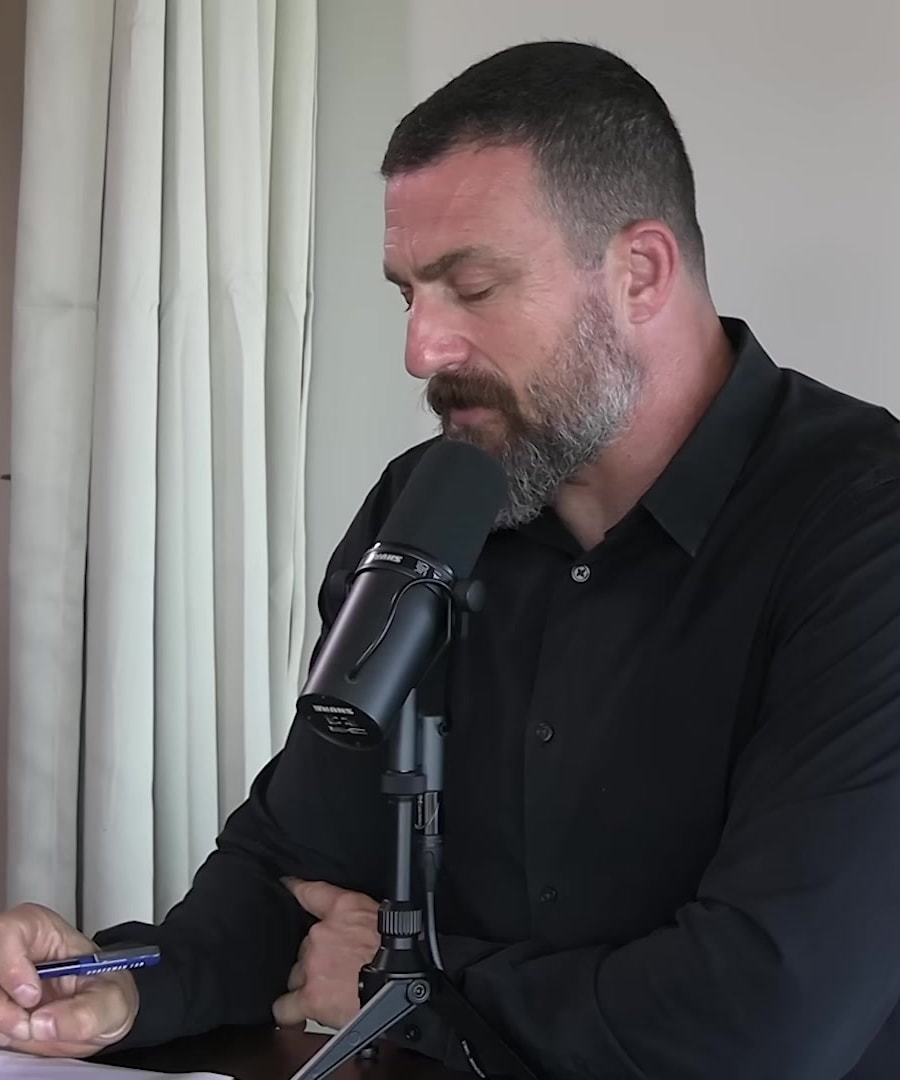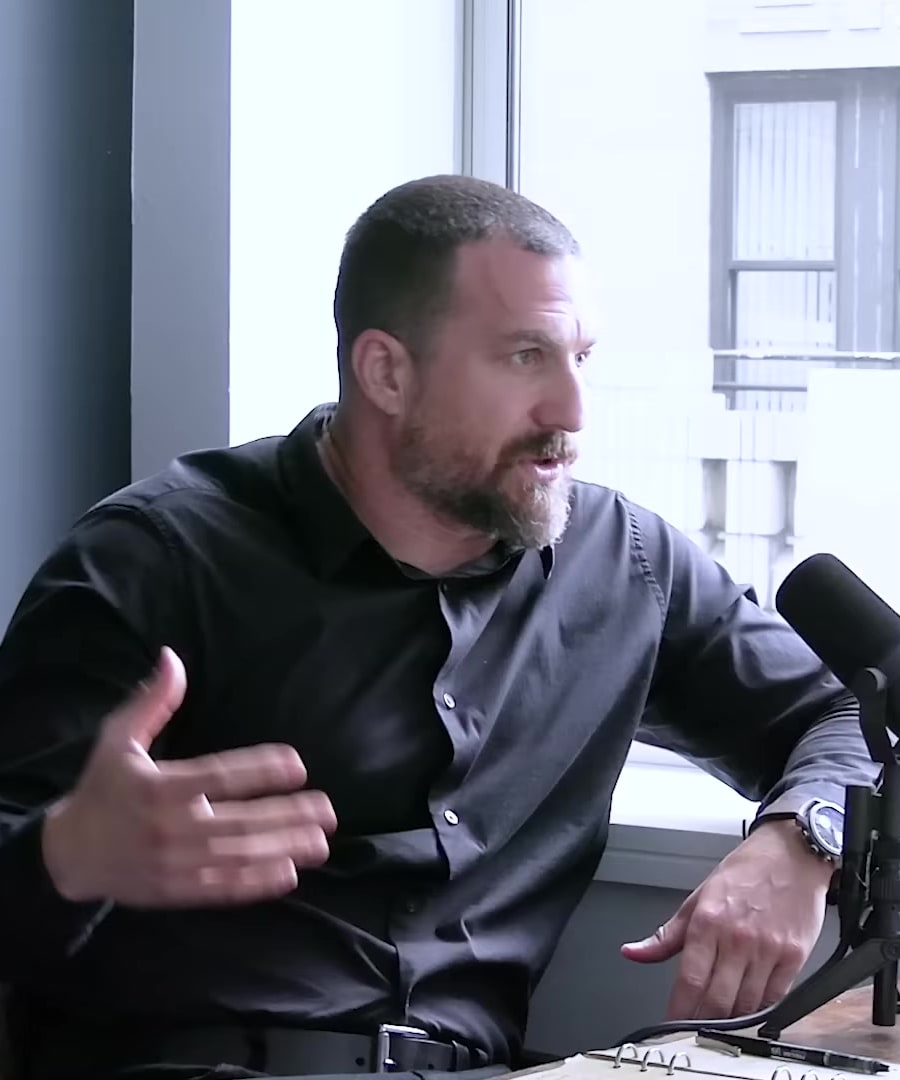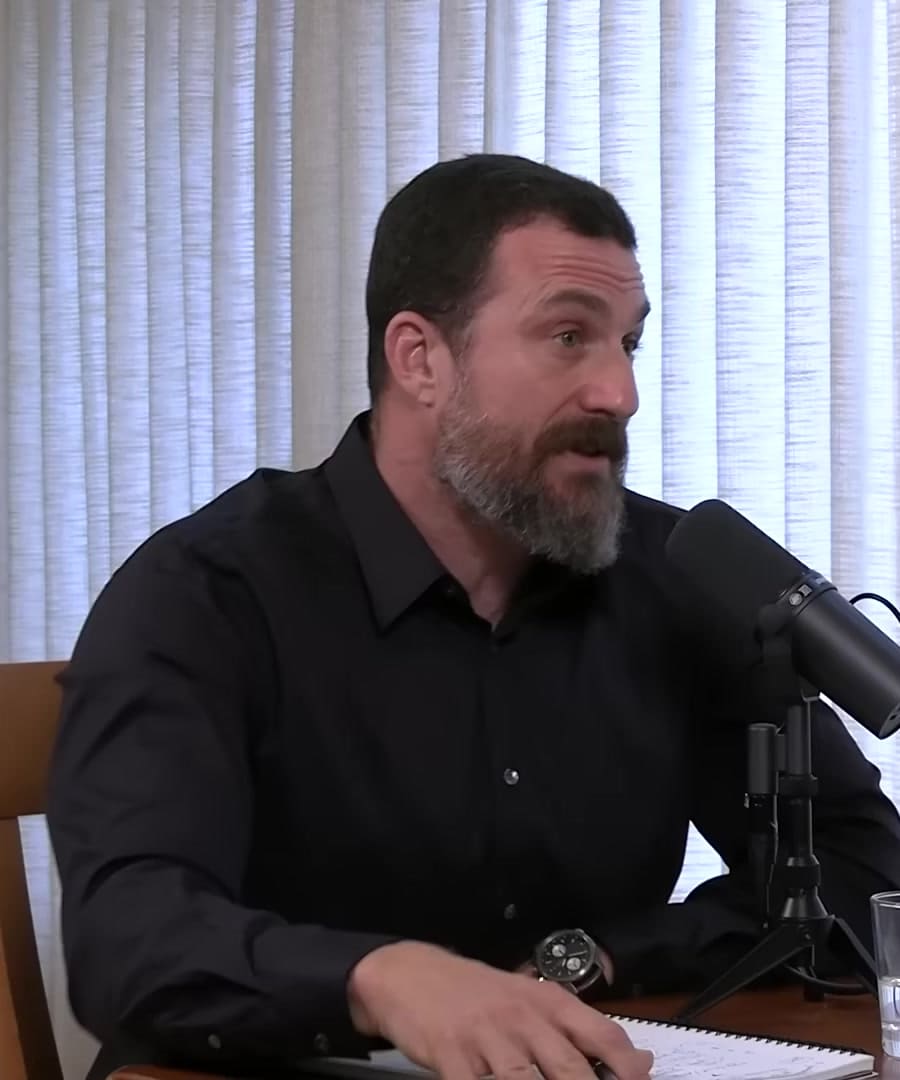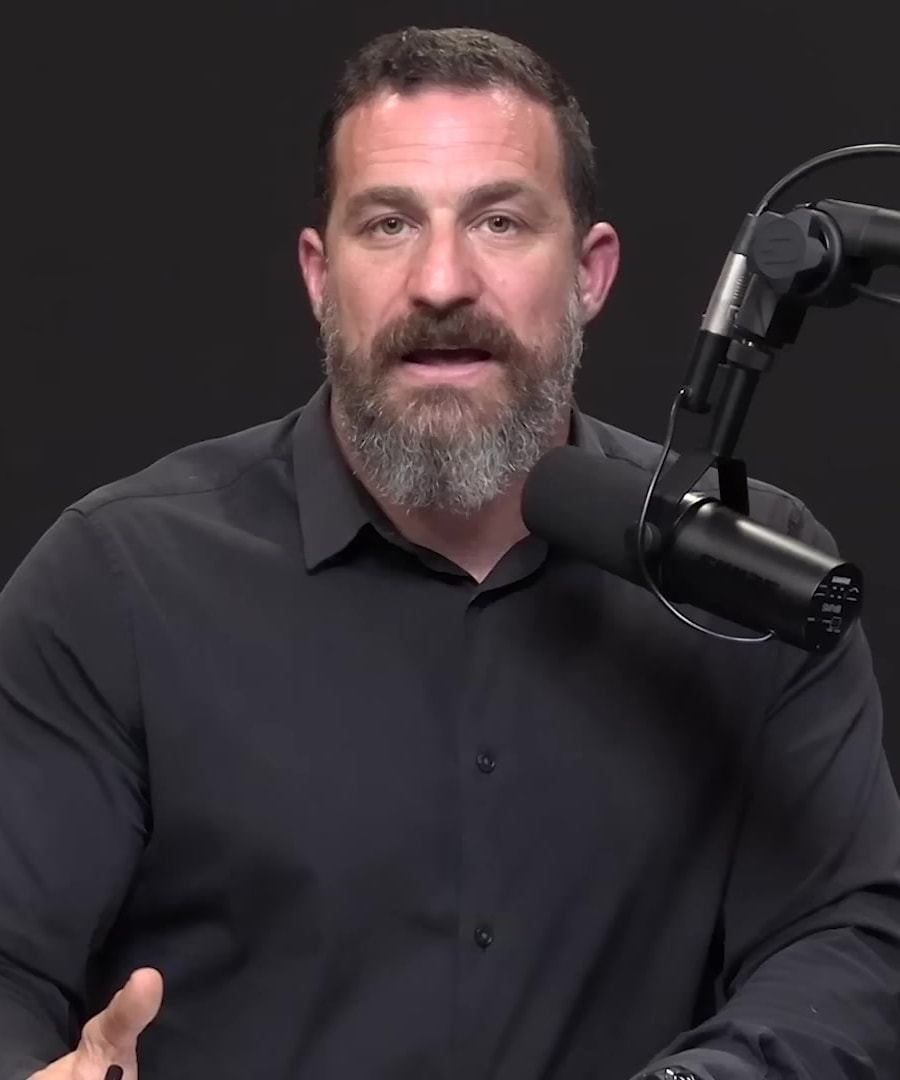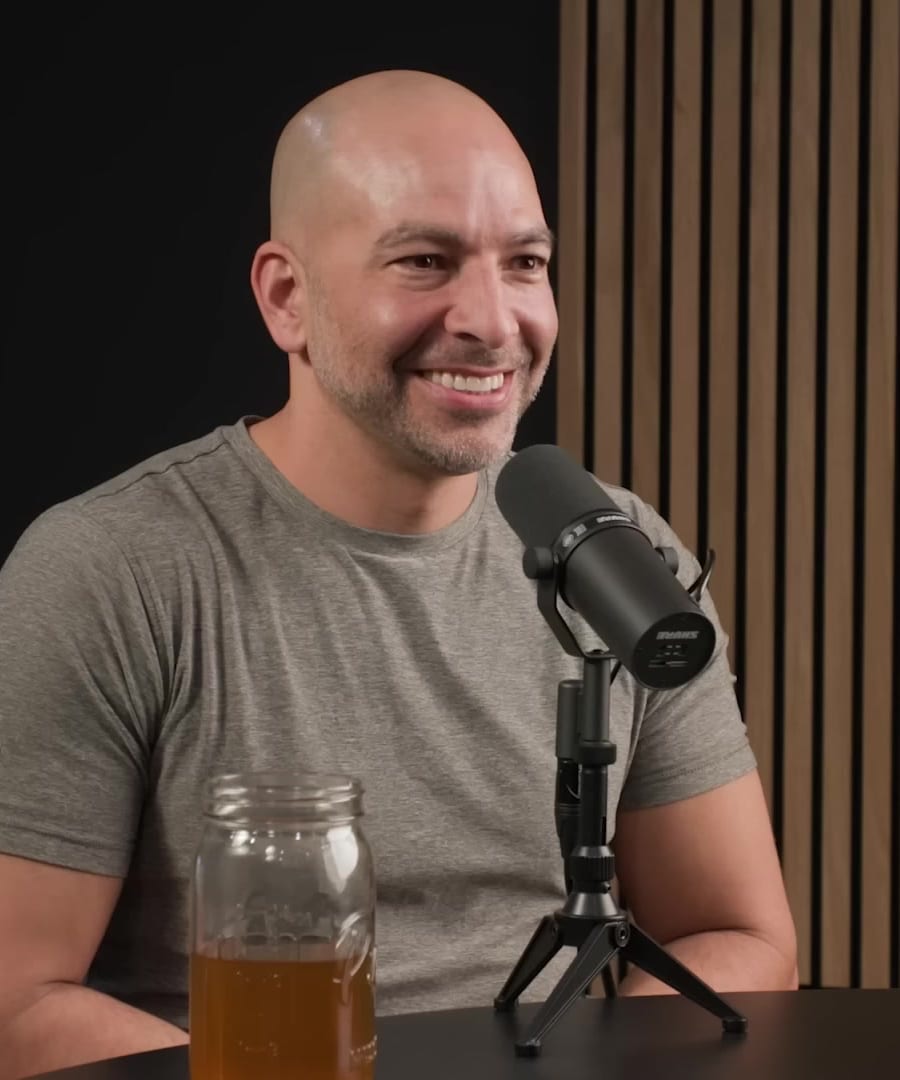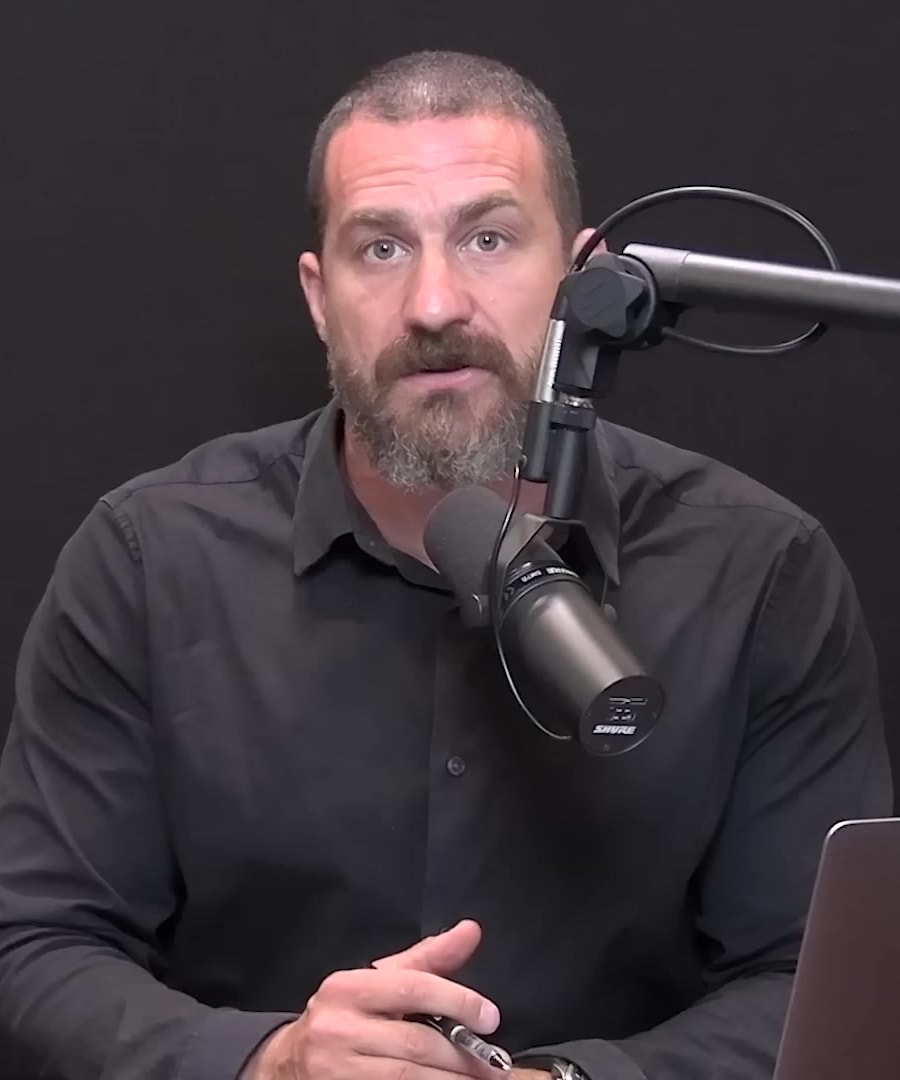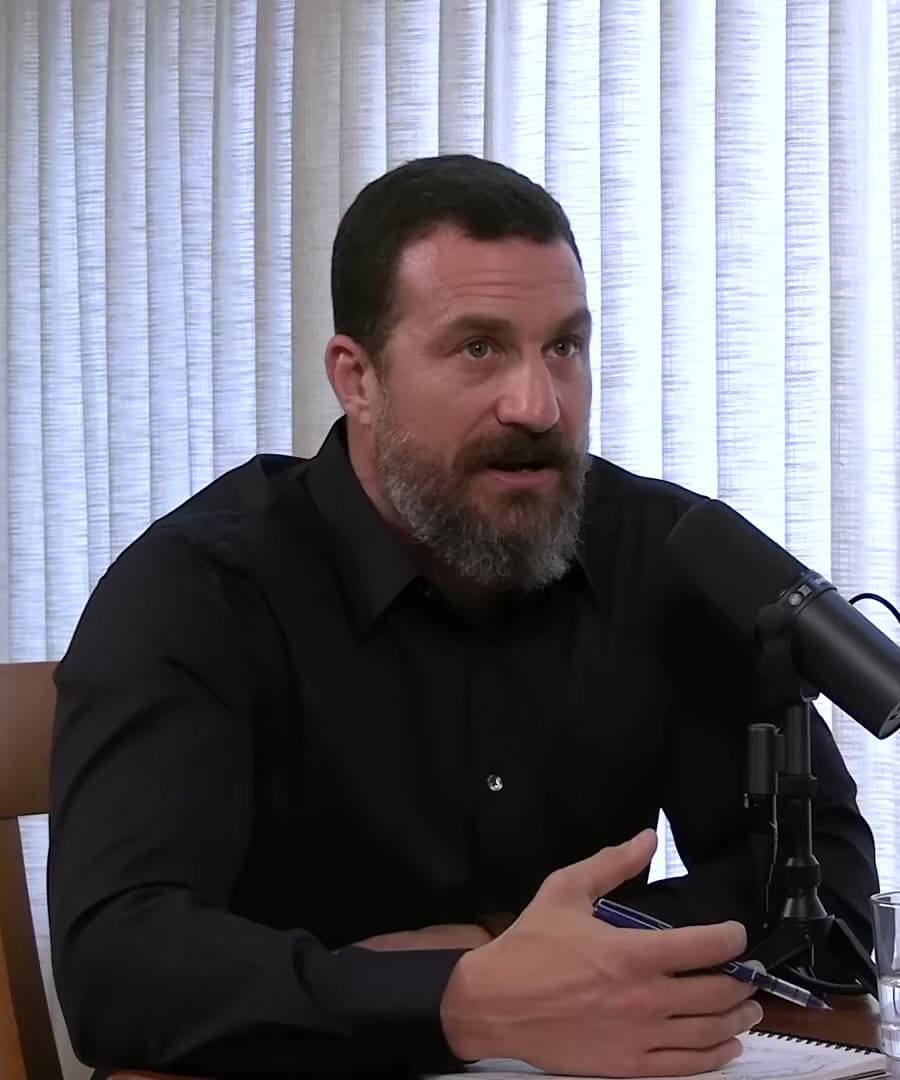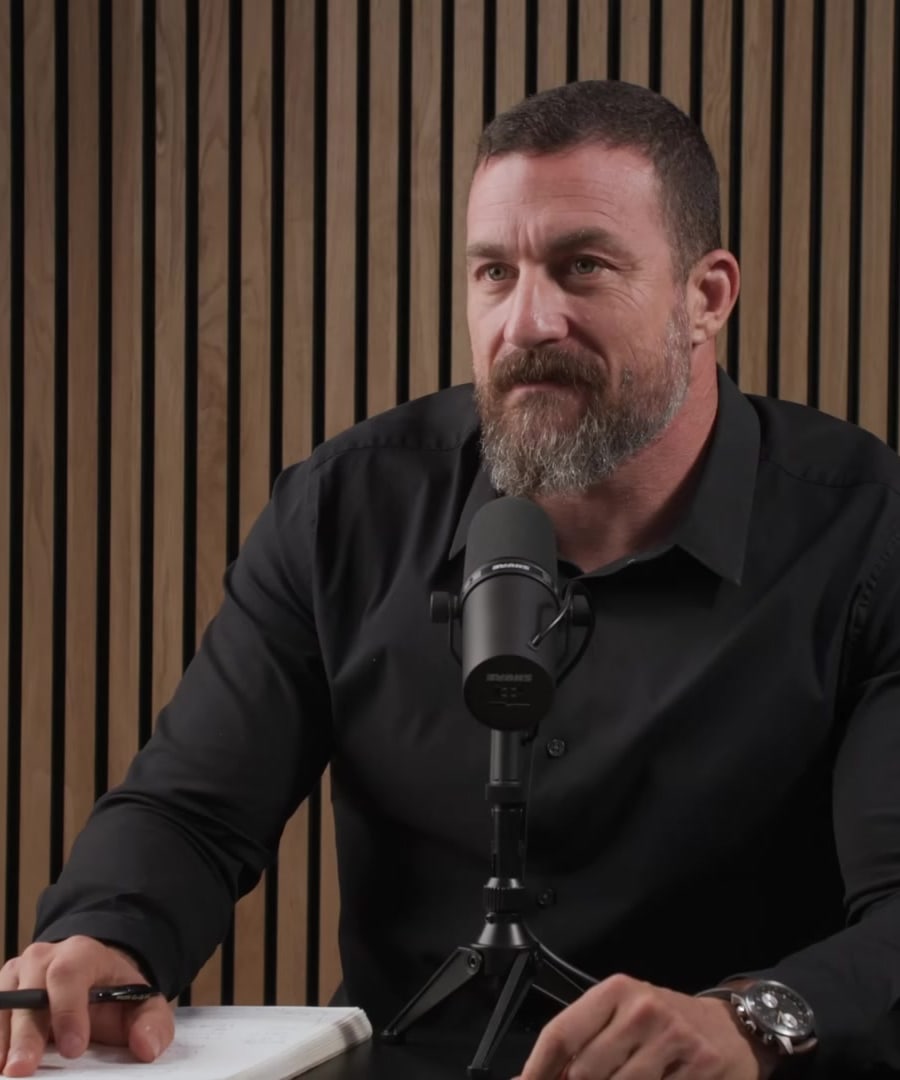What protocols are recommended for improving sleep?
Sources:
Improving sleep involves a combination of behavioral tools, environmental adjustments, and occasionally supplements or technology. Here are some protocols and tools recommended by :
-
Sleep Hypnosis: The Reverie app offers a sleep hypnosis that can help with falling asleep, staying asleep, and dealing with insomnia. Use it weekly for significant improvements without the need for supplements 1.
-
Non-Sleep Deep Rest (NSDR): NSDR protocols such as clinically tested hypnosis or yoga nidra can help you learn to turn off thoughts and access deep relaxation. They are beneficial for falling back asleep or as daytime restorative practices 2 3.
-
Morning and Evening Light: Exposure to morning and evening sunlight helps regulate circadian rhythms, which is crucial, especially during chaotic sleep schedules, by offering anchors to your body's internal clock 4.
-
Polyphasic Sleep: If you cannot sleep continuously, sleeping in batches that match 90-minute cycles can be beneficial. Adults who do this may reduce their overall need for sleep 5.
-
Avoiding Sleep Anxiety: Prevent sleep anxiety by not being neurotically attached to a sleep schedule. Instead, use NSDR protocols to help your nervous system calm down and ease into sleep 2.
-
Embrace Calm: If you're losing sleep due to taking care of a baby or if your sleep is fragmented, it is important to maintain calm throughout the day using NSDR or other calming methods to help regulate the autonomic nervous system 5.
-
Exercise Consideration: When it comes to work out, the timing can affect sleep, with intense exercise late in the day potentially disrupting sleep. Exercise can also enhance circadian rhythm signaling if done in the morning 6.
It's essential to adapt these strategies to personal schedules, constraints, and preferences for best results. Additionally, always seek advice from medical professionals before starting or changing sleep protocols.
RELATED QUESTIONS-
What is the most important thing I need to pay attention to for a long life?
Sources:
For a long life, various experts featured on the have outlined an array of factors to consider. Here are some key takeaways:
-
Nutrition: Prebiotic fiber and essential fatty acids are crucial, especially in the early years, for setting gut microbiome health which is vital throughout life 1.
-
Hormone Optimization: Maintaining hormone health is important. The focus on diet, exercise, stress management, and regular sleep is among the 'big six pillars' of hormone health 2.
-
Caloric Restriction: Intentional fasting or not overconsuming is associated with longer lifespan and vitality. The practice of not eating all the time, akin to caloric restriction, has shown benefits in longevity 3.
-
Exercise: Regular physical activity has profound effects on health and can extend good cognitive function later in life. Resistance training and cardiovascular exercise improve mitochondrial health critical for longevity 4 5.
-
Sleep: Quality sleep is fundamental. It's essential to get enough sleep regularly for both short and long-term health and vitality 6.
-
Stress Management: Managing stress and cultivating healthy relationships can impact one's overall health and contribute to a longer, healthier life 6.
-
Overall Lifestyle: A holistic approach that includes sleep, nutrition, movement, stress control, and positive social connections is vital. Avoid reliance on supplements or drugs as a primary pathway to longevity 7
-
Lifespan vs Healthspan: It’s crucial to not just live longer (lifespan) but also maintain a high quality of life free from disease (healthspan). Healthspan encompasses physical, cognitive, and emotional health 8.
Each of these areas contributes to both longevity and quality of life. It's important to approach living a long life with a multi-faceted strategy that addresses these critical areas.
RELATED QUESTIONS-
Tell me everything you can about continuous glucose monitoring.
Sources:
Continuous glucose monitoring (CGM) is a method to track glucose levels in real-time throughout the day and night, which can provide valuable insights into how various foods, behaviors, and activities affect one's blood glucose levels. Here are some insights discussed in the :
- Using a CGM can alter dietary behaviors, as it allows for the observation of the effects different foods and activities have on blood glucose levels in real-time 1.
- These monitors can be particularly enlightening for data-driven individuals, revealing how different factors—including stress, exercise, meals, and even sleep—can influence glucose levels 2 1.
- shared his personal experiences using a CGM, noting that monitoring helped him optimize his diet, exercise, and sleep patterns 1.
- Understanding and managing blood glucose levels is crucial for health, as it can impact everything from fat loss and muscle gain to cognitive health and the aging process 3.
The data from a CGM can empower individuals to make informed decisions to optimize their overall health and can be a valuable tool for those seeking to maintain stable energy levels, improve metabolic health, and enhance physical and cognitive performance.
RELATED QUESTIONS
What protocols are recommended for improving sleep?
- RELATED QUESTIONS
What is the most important thing I need to pay attention to for a long life?
- RELATED QUESTIONS
Tell me everything you can about continuous glucose monitoring.
- RELATED QUESTIONS

